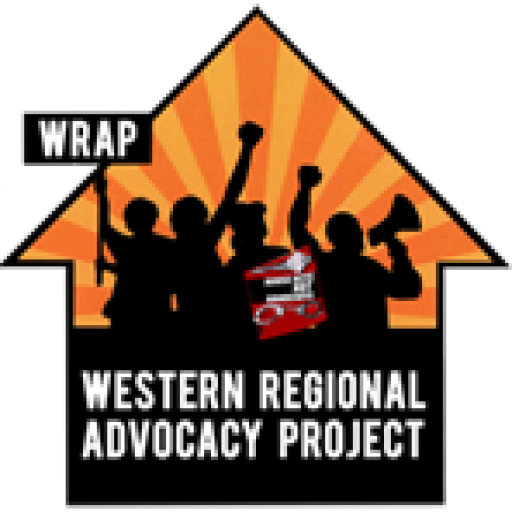COMMENTARY | A conversation with Right 2 Dream Too co-founder Ptery Lieght
by Rachel Levy
Housing activist Ptery Lieght has been involved for years in efforts to make safe, affordable housing available to all. He has been active in Portland’s two legal camps for the homeless, Right 2 Dream Too (of which he is a founding member) and Dignity Village.*
Lieght and I are both involved with Rethinking Psychiatry, a social-justice group that advocates for fundamental reforms in the mental health system. I spoke with him about the intersection of mental health and housing issues.
We started our conversation talking about how Right 2 Dream Too works.
“Right 2 Dream Too is a camp for people who do not have safe housing or shelter. We’re going into our fourth year,” Lieght said. “It’s a place where any adult (age 18 and older) can come and rest for 12 hours straight.
“We are funded by private donations and grants. We count on the members themselves and volunteers to contribute and keep the place running. It’s very important for us to keep the place as safe as possible – especially since a lot of people come to R2DToo after fleeing abuse.
“We do have a group justice system, and people can be asked to leave if they are found guilty of stealing, calling someone derogatory names, and/or violent behavior. How long the person is banned from the group depends on the offense. Someone who calls another member an insulting name might be asked to leave for a few days, but then be allowed back. Someone who is violent to another member might be banned indefinitely from the camp. Usually the person who was offended against has a lot of say as to if and when the offender will be allowed back.
“We’re really big on helping people learn to stand up for themselves and be their own advocates.”
“We have meetings to help build community and work out issues. We have a process to maintain structure and respect, and prevent horizontal oppression. In our meetings, we help people see the effects of various forms of oppression – i.e. sexism, ableism, racism, classism, etc. – and we help people advocate for their rights. We’re really big on helping people learn to stand up for themselves and be their own advocates.
“We also sometimes have guests come and speak on relevant subjects. For example, we had people who work with hospice do workshops on death and grief. Grief is a huge issue in the camps – not only losing people to death, also losing their home, their support system, their job – everyone there is dealing with huge grief, loss and trauma.”
I asked Lieght about his concerns regarding our current mental health system, and how do these concerns relate to his anti-oppression work.
“Well, in places like R2DToo you must have a ‘we’ sensibility to survive,” Lieght said. “This is a fundamental change from the dominant paradigm. Everything in our culture says ‘Me, me, me.’ A whole systemic change needs to happen in order for people to be well.
“People with less power and less voice bear the burden of societal ills. Society itself is psychotic, self-destructive, disconnected and often has unrealistic expectations. Many people who are labeled as ‘crazy’ are adapting the best they can to an incredibly difficult situation.
“There’s a lot of stigma against people who hear voices and feel extreme emotions. There’s this idea that we just need to fix these issues with medication. But people in extreme states are not necessarily sick – a lot of times these are people who really have something important to say. When people are struggling with deep despair, even thoughts of suicide, often it’s because they see a vision of a better, kinder, more just world, and it troubles them so deeply that the world is so cruel and unfair.
“Our current mental health system often perpetuates the status quo by pathologizing individuals, without taking into account societal factors like racism, classism, lack of a living wage, and huge systemic problems in health care and housing.
“Our mental health system is also part of a capitalist system, and you’ve got to look at who’s profiting off of the status quo. The journalist Robert Whitaker recently came out with a great book about this, ‘Psychiatry Under the Influence.’
“The current system doesn’t offer enough choices. Medication is not for everyone, and some people heal with other methods – such as tai chi and qi gong, or herbal remedies, or self-help groups like Portland Hearing Voices. People need to be given more choices so they can find what works for them. And I’ve seen amazing healing and recovery in this work.”



This is wonderful!
In our area, we have the Asheville Radical Mental Health Collective (ARMHC), which is of the same mind and efforts.
Thank you for all you do!